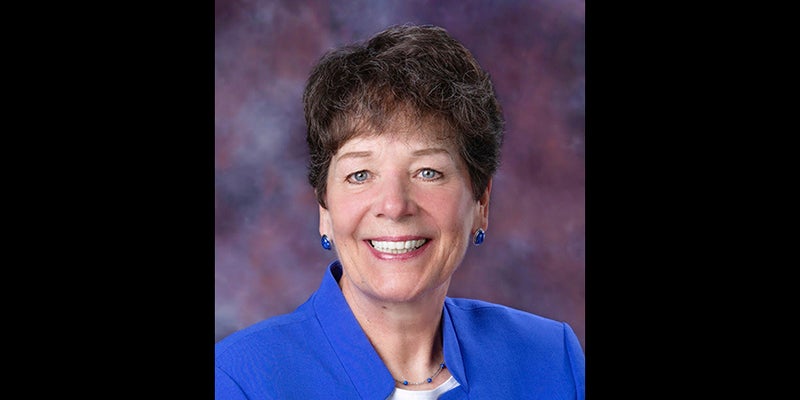AP VoteCast: Many Democratic voters made last-minute picks
Published 8:06 pm Tuesday, March 3, 2020
WASHINGTON — Many Democratic voters in Super Tuesday’s presidential primaries made up their minds just before casting a ballot — a sign of fluidity in a race recently upended by Joe Biden’s blowout in South Carolina.
The share of late deciders ranged from about a quarter of voters in Texas to roughly half in Minnesota, according to AP VoteCast surveys of voters in several Super Tuesday contests. Moderate and conservative voters in each state were slightly more likely than their liberal counterparts to delay a decision to the last minute.
The indecision shows voters grappling with their choices in a race that is changing quickly. Biden’s big win in South Carolina on Saturday revived his struggling campaign and helped push three of his rivals toward the exit.
Biden is now trying to consolidate moderate voters, block Sen. Bernie Sanders, box out Sen. Elizabeth Warren and overcome the hundreds of millions spent by billionaire Mike Bloomberg — who is on the ballot for the first time Tuesday. Further complicating the possible outcomes on Tuesday was that many people voted early.
Here’s a snapshot of Democratic voters in Alabama, Colorado, Massachusetts, Minnesota, North Carolina, Texas and Virginia — who they are and what matters to them — based on preliminary results from AP VoteCast surveys, conducted for The Associated Press by NORC at the University of Chicago. Additional polling results will be added throughout the night.
MODERATES AND CONSERVATIVES
Moderates and conservative accounted for the majority of Democratic voters in most of the seven states, just as they have in previous contests in Iowa, New Hampshire and South Carolina.
Those primary voters also generally preferred a presidential candidate who would pursue practical centrist policies rather than one who would champion bold liberal policies.
Still, roughly half of voters, or more, in each state indicated they wanted to see a candidate who would fundamentally change how the political system works in Washington over one who would return the political system to the way it was before President Donald Trump was elected.
LOOKING TOWARD NOVEMBER
The Democratic contests do appear to be drawing some potential swing voters. About 20% of voters said Democrats haven’t locked in their vote and are waiting to see who wins the nomination before deciding how they’ll vote in November. That was true in six of the seven states AP survey.
The share was smaller — about 1 in 10 — in Minnesota, a state Trump is trying to flip.
Most of this group identified as moderates or conservatives, a sign that they might be open to Trump or consider not voting for any candidate in November.
RACIAL DIVERSITY
Democratic candidates have been tasked with proving they can bring together a multiracial and multi-ethnic coalition in order to compete in November. Several states voting on Tuesday, including Alabama, Texas, California and Virginia, offer a chance to test their appeal.
More than half of Alabama’s Democratic primary voters were African American, and all voters in this state gave an edge to Biden over Sanders and other candidates on who could best handle race-related issues as president.
Biden also enjoys an advantage on racial issues over Sanders from voters in North Carolina and Virginia.
In Texas, over half of Democratic primary voters were non-white, including about 30% who were Latino. Voters in the state thought Biden would be best able to handle immigration.
NOT QUITE HAPPY WITH BLOOMBERG
The former mayor of New York City — worth an estimated $60 billion — deployed his fortune on TV spots, social media memes and a whirlwind tour of the country. But a large share of Democratic voters seems unhappy with the possibility of him being the presidential nominee.
About 60% of voters in Minnesota, Colorado and Massachusetts — his birthplace — said they would be dissatisfied if Bloomberg was the Democratic candidate. Roughly half in North Carolina and Virginia would also be displeased.
Only in Alabama and Texas would a majority be satisfied by Bloomberg. These results suggest that Bloomberg is among the more divisive candidates still seeking the nomination.
Across all seven states, the other three major candidates — Biden, Sanders and Warren — all see more positive than negative ratings from voters. Majorities said they would be satisfied if any of the three were the nominee.





